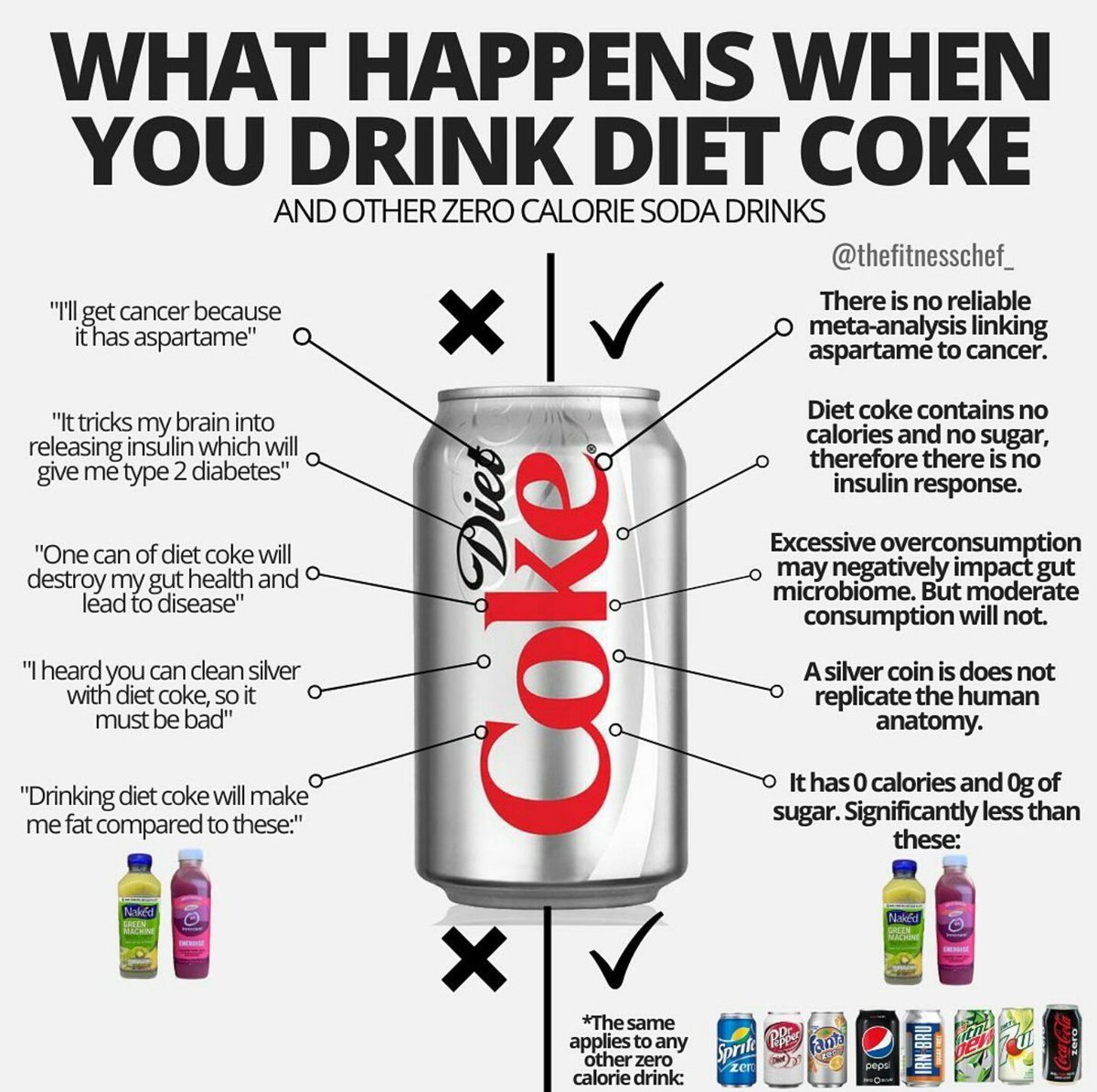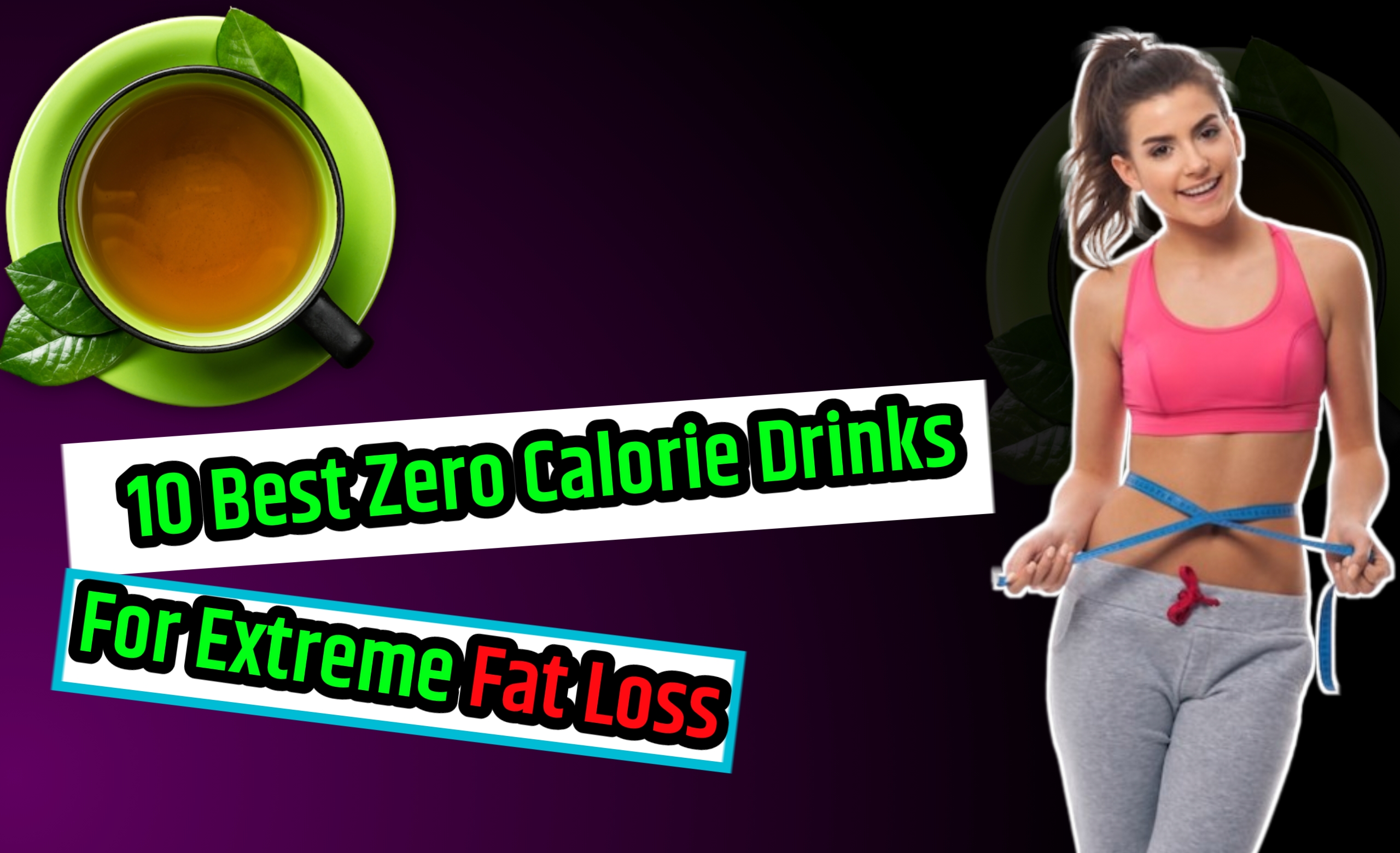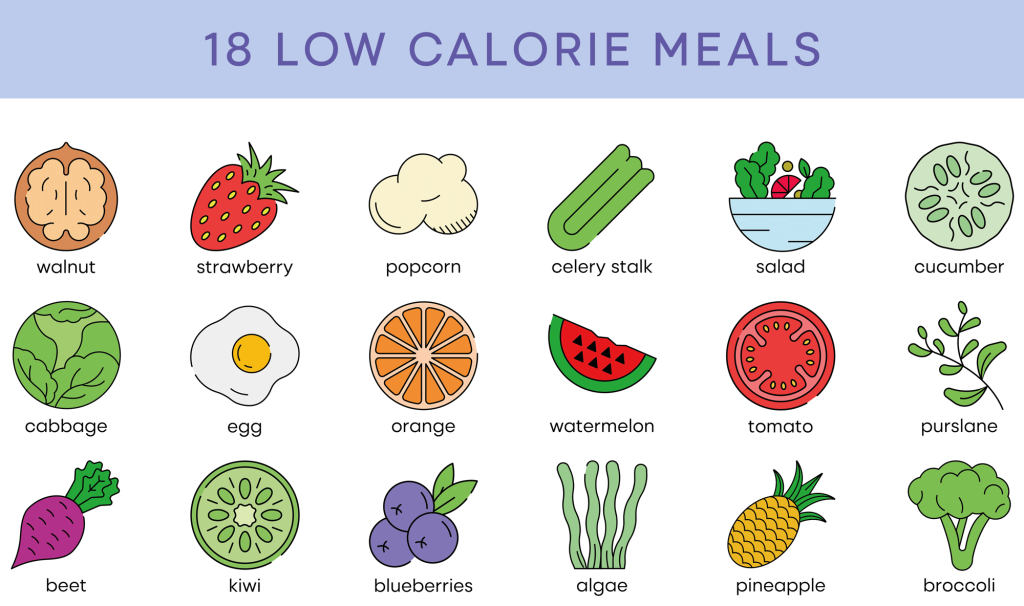Do 0 Calorie Drinks Break A Fast

The debate rages on in wellness circles and online forums: can you truly cheat the system? Can you sip on that seemingly innocent 0-calorie beverage while adhering to the strict rules of intermittent fasting, without derailing your progress? The answer, like the nuances of metabolic processes, isn't as straightforward as the nutrition label suggests.
This article delves into the complex question of whether consuming 0-calorie drinks, such as diet sodas, flavored sparkling water, or artificially sweetened beverages, breaks a fast. We will examine the physiological effects of these drinks on insulin levels, autophagy, gut health, and ultimately, the intended benefits of fasting, drawing from scientific studies and expert opinions.
Understanding Fasting and Its Goals
Intermittent fasting (IF) is an eating pattern that cycles between periods of eating and voluntary fasting on a regular schedule. Various IF methods exist, including time-restricted eating (e.g., 16/8 method) and alternate-day fasting. The primary goals are often weight loss, improved insulin sensitivity, cellular repair (autophagy), and other potential health benefits.
Fasting aims to deplete glycogen stores and shift the body's primary energy source from glucose to stored fat, inducing a metabolic state called ketosis. This metabolic shift is where the controversy regarding 0-calorie drinks begins.
The Insulin Response Conundrum
One of the main concerns surrounding 0-calorie drinks is their potential to trigger an insulin response. Even though they contain negligible calories, the sweet taste from artificial sweeteners can trick the body into anticipating glucose.
Some research, like a 2010 study published in Behavioral Neuroscience, suggests that artificial sweeteners can indeed stimulate insulin release. This happens through a cephalic phase insulin response, where the brain associates sweetness with the imminent arrival of glucose, even if none is actually present. However, the magnitude and significance of this response are highly debated.
A 2018 review in the journal Nutrients indicates that while some artificial sweeteners might slightly elevate insulin, the effect is generally much smaller than that of caloric sweeteners like sugar. The key lies in the individual response and the type of artificial sweetener consumed.
The Autophagy and Cellular Repair Factor
Autophagy, a cellular "housekeeping" process where damaged or dysfunctional cells are cleared out, is a key benefit often touted by IF proponents. Some believe that any food or drink, regardless of its caloric content, can interrupt this process.
Dr. Jason Fung, a nephrologist and prominent advocate of IF, often argues that even small insulin spikes can hinder autophagy. He believes that maintaining a consistently low insulin level is crucial for maximizing the cellular repair benefits of fasting.
However, the impact of minor insulin fluctuations from 0-calorie drinks on autophagy remains a topic of ongoing research. There's currently no definitive evidence to confirm that these small spikes significantly impede the process.
Potential Impact on Gut Health
The gut microbiome plays a critical role in overall health, and its composition can be influenced by dietary choices. Artificial sweeteners, commonly found in 0-calorie drinks, have been shown to alter gut bacteria in some individuals.
A 2014 study published in Nature found that artificial sweeteners like saccharin, aspartame, and sucralose could induce glucose intolerance by altering the gut microbiota. This raises concerns that these drinks may negatively affect metabolic health, even if they don't directly break a fast.
However, more research is needed to understand the long-term effects of 0-calorie drinks on the gut microbiome and their implications for fasting outcomes. The effects may also vary depending on the specific artificial sweetener and individual gut health.
Expert Opinions and Conflicting Advice
The expert opinions on this topic are diverse. Some, like Dr. Fung, advise strict adherence to water, plain coffee, and unsweetened tea during fasting periods.
Others adopt a more lenient approach, suggesting that small amounts of 0-calorie drinks are unlikely to significantly impact fasting benefits. They argue that the potential psychological benefits of satisfying cravings with these beverages may outweigh the minimal physiological impact.
It's essential to consider individual circumstances and goals when deciding whether to include 0-calorie drinks during a fast. What works for one person may not work for another.
The Psychological Aspect of Fasting
For some, consuming 0-calorie drinks can make fasting more sustainable and enjoyable. They can provide a psychological crutch, helping individuals adhere to their fasting schedule without feeling deprived.
However, it's crucial to be mindful of potential cravings and dependencies on these drinks. Over-reliance on artificial sweeteners may reinforce a sweet tooth and make it harder to transition to healthier eating habits in the long run.
Ultimately, the key is to find a balance between adhering to the principles of fasting and maintaining a sustainable lifestyle.
Conclusion: A Personalized Approach
Whether 0-calorie drinks break a fast is a complex question with no definitive answer. While some evidence suggests they may trigger a minor insulin response or alter gut health, the impact is likely to be minimal for most individuals.
The best approach is to experiment and monitor your body's response. Pay attention to your energy levels, hunger cues, and overall well-being.
If you find that 0-calorie drinks hinder your progress or trigger cravings, it's best to avoid them during fasting periods. If not, they may be a helpful tool for making fasting more sustainable. Consult with a healthcare professional or registered dietitian for personalized guidance.
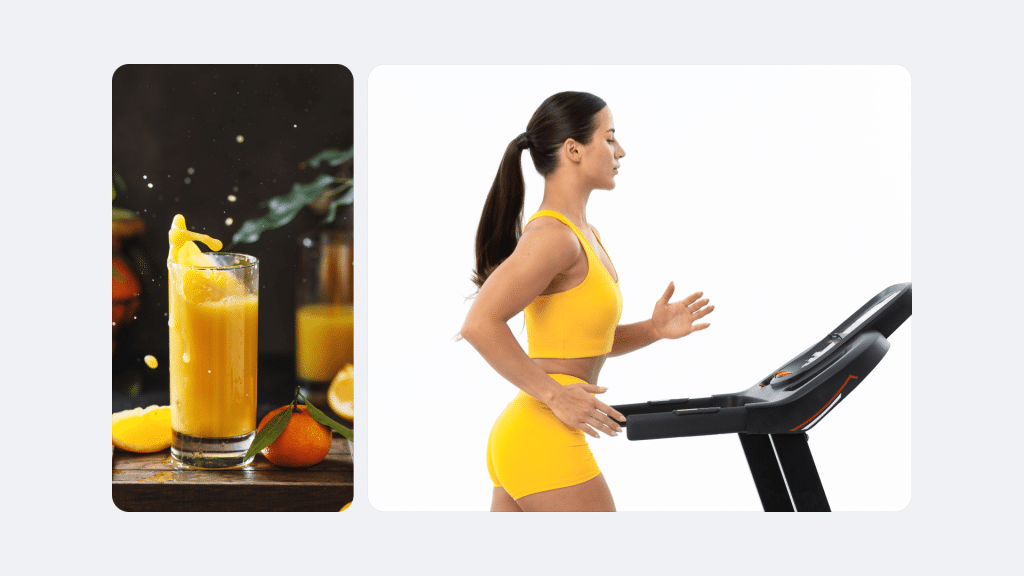


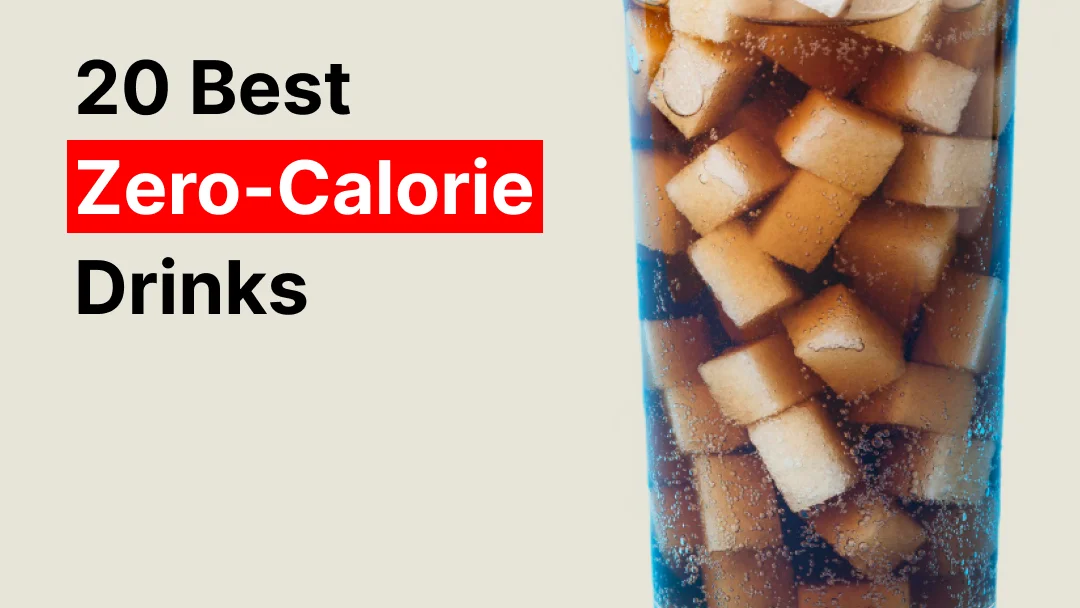



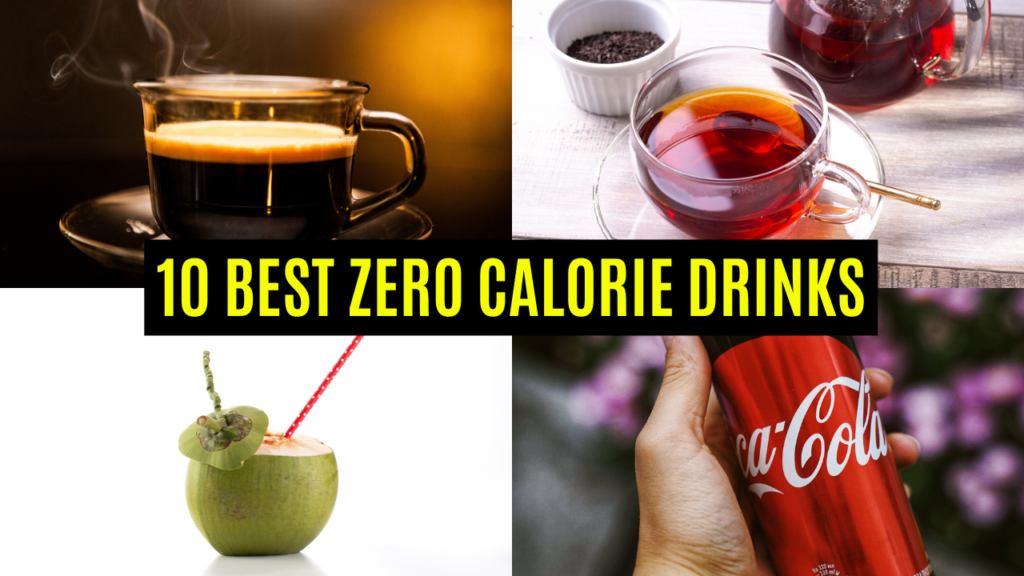
.webp)

